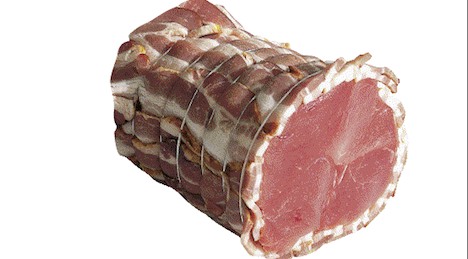The average resident consumed 51.72 kilograms of meat last year, which amounts to 141 grams per day, according to figures issued on Tuesday by Proviande, the Swiss cooperative.
Consumption remains 3.4 percent above the average for the previous 10 years and is continuing to grow in Swiss households, the cooperative said in a news release.
The overall drop in meat being eaten is due to lower levels being consumed outside the home for “economic reasons”, according to the release.
But Proviande maintains that confidence in Swiss meat and meat products remains strong.
Domestic products accounted for 81.3 percent of all meat eaten in the country in 2012, up 1.2 percent from 2011.
Proviande acknowledged that its methods of calculation may underestimation of the amount of meat purchased by Swiss residents from neighbouring countries such as Germany and France.
This increased between 2011 and 2012 as the value of the Swiss franc rose against the euro, boosting the impetus for cross-border shopping.
However, a survey conducted for Proviande by Dichter Research last year found that 64 percent of Swiss believed that meat products from Switzerland were better than those from other countries.
Pork is the most popular meat in Switzerland, accounting for 23.54 kilograms per person last year, followed by poultry (11.31 kilograms) and beef (11.06 kilograms).



 Please whitelist us to continue reading.
Please whitelist us to continue reading.
Member comments